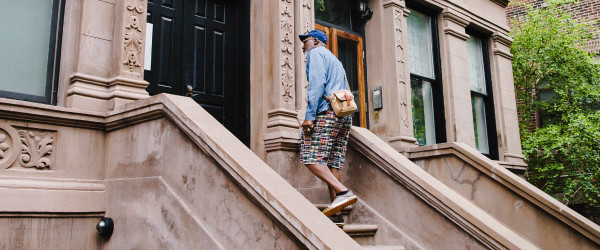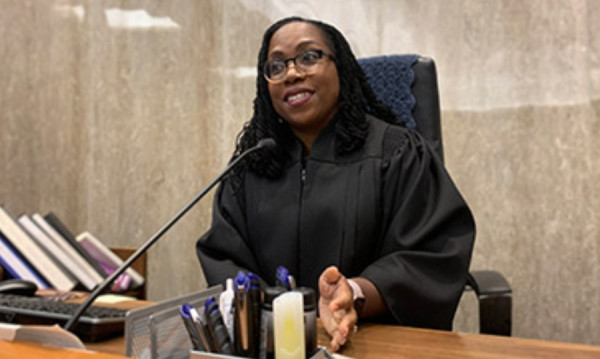The first few years of condo ownership are critical. If you fail to address and acknowledge issues in your building and in your condo unit, your property investment can suffer.
Here are a few tips to help you address construction deficiencies and protect your investment.
Understand the declaration, by-laws & your unit boundaries
In general terms, condominiums are comprised of “common elements” and “unit elements.” These terms are created by the Condominium Act and reinforced in your condominium’s Declaration and By-Laws. The Declaration and By-Laws, which are provided to you when you purchase a condo unit, contain the rules and regulations that govern your condo. Among other things, they define the unit and common elements of your building. It is important for you to review your declaration and by-laws and understand the distinction. A unit element is generally your responsibility to repair and a common element is the condominium’s responsibility to repair.
Reporting common element deficiencies
An example of building components that are typically classified as common elements would be exterior windows. Say, for example, you notice water seeping under your exterior windows during a storm. You have reviewed your Declaration and By-Laws and (with or without legal assistance) you have determined that the exterior windows are, in fact, common elements. Once you have identified and classified the issue, you should report it.
The issue should be reported directly to the building developer, the property manager, and (where properly constituted) your condominium board. Remember, common elements are the responsibility of the condominium at large. Once reported, the Board and property manager must ensure the deficiency is corrected. As a safety measure, the deficiency should also be reported to Tarion.
Tarion is a statutory body or organization that is responsible for administering the Ontario New Home Warranties Plan Act. Among other things, Tarion can order the building developer and the condominium to conduct repairs. You can register your condominium unit and report building deficiencies via Tarion’s online portal known as “MyHome.”
Reporting unit element deficiencies
The unit elements are your responsibility to repair. For this reason, it is important that you report all deficiencies while you are protected by Tarion’s warranty program. Generally speaking, Tarion’s warranties are provided in three stages:
Year 1 – During the first year of ownership, Tarion warranties: (i) defects in work and materials, (ii) the unauthorized substitution of materials, (iii) Building Code violations, (iv) water penetration, (v) defects in exterior cladding, (vi) heating, plumbing and electrical systems, and (vii) major structural defects.
Year 2 – During the second year of ownership, Tarion does not warranty defects in work and materials or the unauthorized substitution of materials. It warranties the other items listed above.
Years 3 to 7 – During this period of ownership, Tarion only warranties major structural defects.
Given the lifecycle of Tarion’s warranties, you must ensure that all possible defects are reported in the first year. If you fail to report a defect in the first year, you may be on the hook for the costs of repairing it.
As with the common element deficiencies, the issue should be reported directly to the building developer, the property manager, your condominium board, and Tarion.
Logging your evidence
Though it is logical to assume that a new unit would be in perfect condition, that assumption is far from reality. For that reason, you should retain a home inspector to review the condition of your unit.
Ideally, the inspection will be conducted during the winter months and will, among other things, include thermal imaging of your unit. The report should outline (i) the nature and scope of identified deficiencies, (ii) the standard method of repair, and (iii) a general fee schedule for repairs where possible. If an issue is discovered that is beyond the inspector’s area of expertise, such as a mechanical defect in your HVAC/ventilation system, a specialist should be hired to provide an opinion. These reports will be of great assistance in that they will target the specific issues and give you leverage to request the proper repairs.
In addition to obtaining inspection reports, you should log all deficiencies in photos and videos. Do not delete any records concerning the deficiencies in your unit.
Review repairs with skepticism
As a final note, you should not assume that repairs are completed correctly. Be sure to track the method of repair and the materials used. If the repair is completed incorrectly, you may have remedies against the developer or the condominium.










